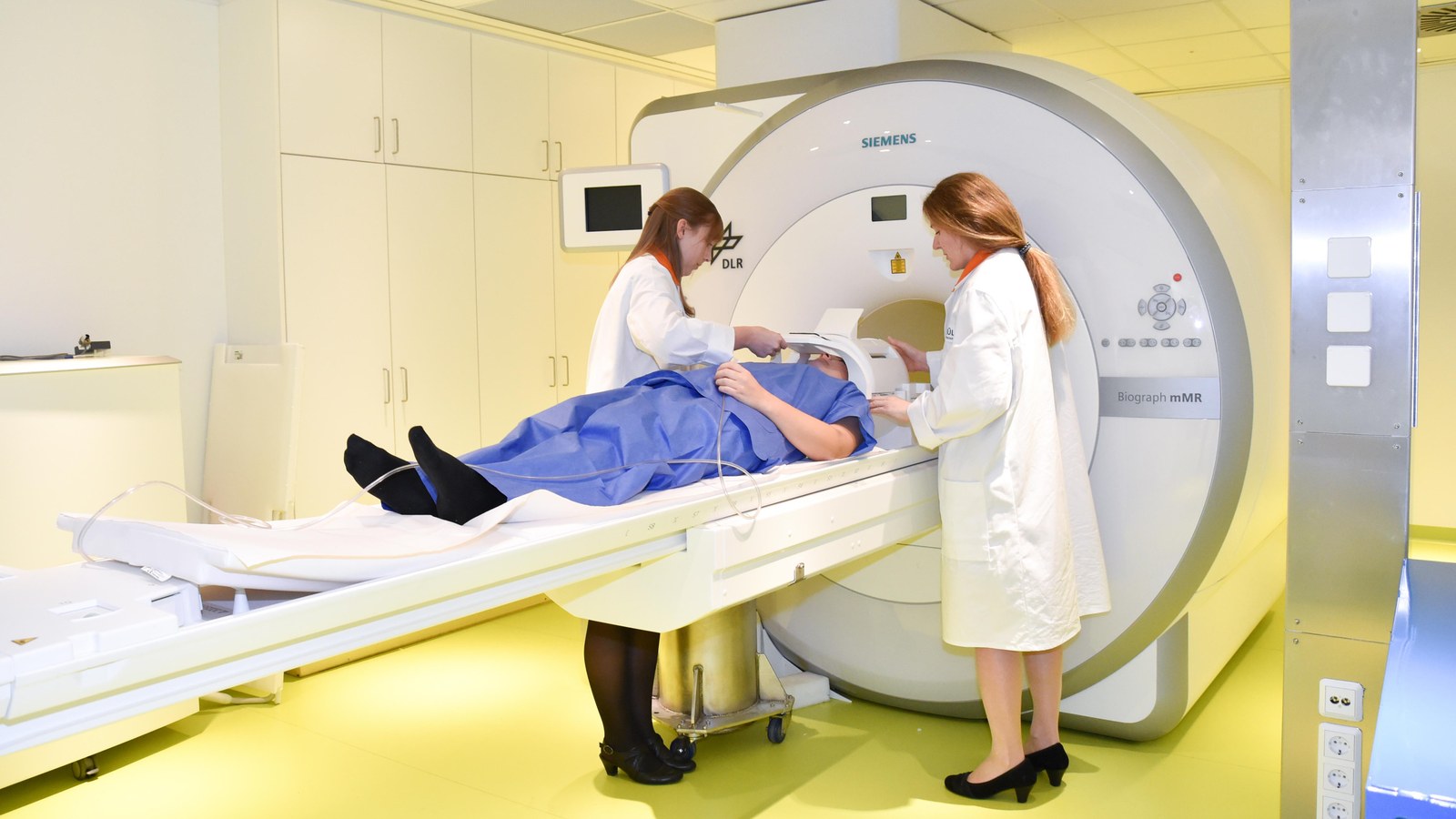Sleepless at DLR – Fatigued in the interest of research


- DLR sientists investigate risks caused by sleep deficiency for pilots, astronauts and road users.
The alarm clock rings mercilessly at 07:00 sharp. Get up, shower, breakfast! Half asleep after a night that was far too short, we make our way to work in the midst of rush hour traffic and do not feel fully awake until after the second cup of coffee. Does that sound familiar? Lack of sleep is an everyday problem that amplifies everyday risks: our alertness and responses are inhibited, and our ability to concentrate is also under par. Scientists from the German Aerospace Center (Deutsches Zentrum für Luft- und Raumfahrt; DLR) are conducting a long-term study to determine the medical causes of these phenomena.
Fatigued road users – car or lorry drivers, pilots and even astronauts – present serious risks in transport situations. Besides the actual danger of accidents, they are also exposed to an increased susceptibility to metabolic disorders and a reduced insulin sensitivity.
Studies conducted on the sleeping patterns of astronauts on board the International Space Station (ISS) confirm that, although they rest for eight and a half hours, their effective sleep period is only between five and six hours.
Shorter sleeping periods and a reduced quality of sleep are associated with a drop in performance, a tendency toward hypersomnia, a greater subjective perception of stress and physical exhaustion. It is therefore reasonable to state that a lack of sleep is clearly noticeable and may also become a reason for taking medication.
Everything about sleep
Chronic lack of sleep is not only a problem in space but also on Earth. People suffering from insufficient sleep during the week will try to catch up on rest at the weekend, although this is not a particularly effective method.
The rhythm between phases of sleep and wakefulness depends on the time of day (circadian rhythm) and the sleep pressure (homeostatic process), or in other words the degree of tiredness. Duration and quality are important indicators during phases of sleep.
People respond to lack of sleep very differently. It appears that the hormone adenosine plays an important role in how well or poorly we cope. The DLR Institute of Aerospace Medicine is conducting the 'SomnoSafe' study in order to identify its precise influence.
The aim of this study is to research the correlation between adenosine receptor density and sleep disorders, as well as the influence of sleep deficiency and the attempt to 'catch up' on sleep on the cognitive performance. Moreover, so-called fatigue biomarkers are also being tested in terms of their reliability in predicting a drop in performance in its early stages.
Out of time
The 36 subjects will each spend 11 days and nights in the sleep laboratory at the :envihab research facility. They will be asked to sleep for eight hours in the first three nights. Then they will be split into two groups of 18 persons each. The first group will continue to sleep eight hours for the next five days, while the second group will only rest for five hours per night during the same period. Then both groups will be allowed to sleep eight hours for one night. All of them will then experience a phase of 38 hours without any sleep, followed by one night with 10 hours of rest.
A large number of examinations will be performed during the study in order to measure the cognitive abilities, to determine the quality of sleep and to document brain activity levels. In addition, a test to determine blood sugar levels will also be carried out in order to check the metabolic functioning.
The first phase of the SomnoSafe study has been completed, and the remaining phases will be carried out until February 2017. The results of the study will not only be used within aerospace medicine; they will also help to detect and prevent risks caused by sleep deficiency on Earth.

